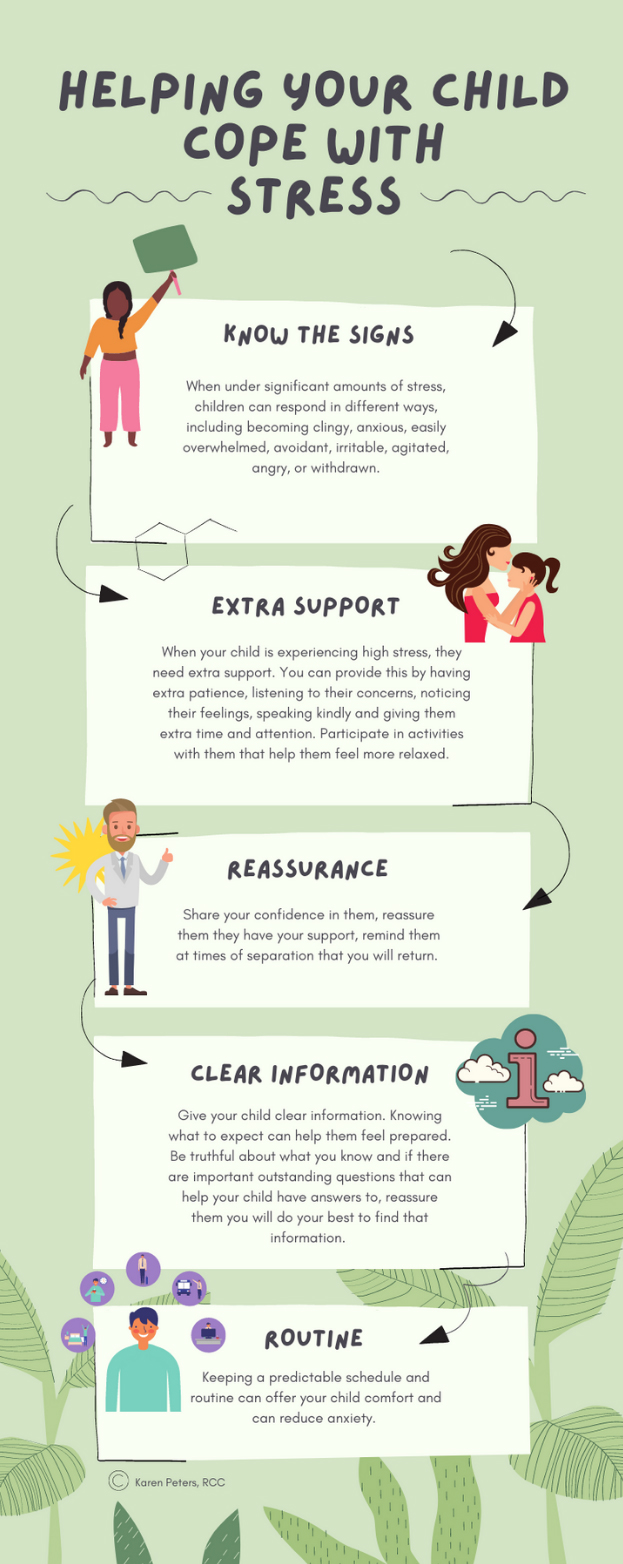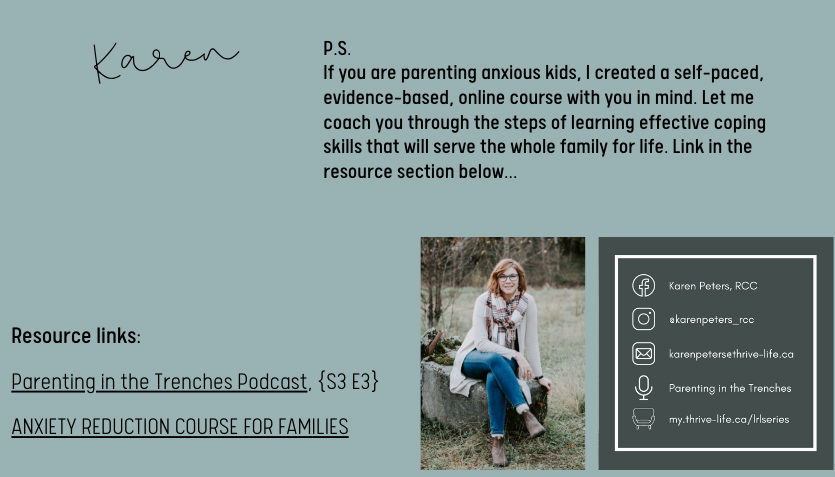Did you know that researchers have been able to distinguish between two kinds of stress? There’s EUSTRESS and DISTRESS. Let’s explore these, shall we?
EUSTRESS is good for us. It motivates us to work hard, to keep persevering, and to feel satisfactions, meaning and well-being. It’s what keeps you on your toes to perform well, when the situation challenges you to rise to the occasion. A common example is feeling the need to study for a recital or test. If you didn’t feel any eustress in preparation for the event, you wouldn’t have internal motivation or the drive to focus to ready yourself for a strong performance.
Eustress is a critically important part of our growth and development, providing us with opportunities to stretch ourselves around new and uncomfortable situations, solve problems creatively and learn new things.
DISTRESS is another story. This type of stress can lead to anxiety or overwhelming worry or concern. It can be both short-term, like eustress is, or long-term and generalized. It happens when we perceive the problem or challenge as outside of our coping abilities. It isn’t motivating, but instead, paralyzing. It gets in the way of us performing well and it can lead to significant mental health physical problems if we don’t know how to effectively manage it.
Because distress gets in our way and triggers our nervous system to respond with survival strategies rather than effective problem solving and creativity, we need to learn ways of bringing the distress down so our prefrontal thinking part of the brain can light back up and help us out. To do this, we work with our bodies to get grounded and feel a sense of safety. Once we feel safe, we can get back to functioning well.
It is hard to know when distress has taken over if we don’t know the physiological signs, particularly when its our children who are feeling the distress. After all, they aren’t capable of putting words to their intense emotions, leaving you to do the detection work as adults. If you want to help grow your child’s coping strategies for distress, start with learning their warning signs.
Kids need your external brain to help them when they are in the midst of distress. You can do this by showing support and providing reassurance. Some situations sit on the border of requiring distress as opposed to eustress, so in those circumstances it is important to provide them with as much clear and truthful information as possible.
A buffer for distress is keeping a mostly predictable routine if you have a child who experiences distress regularly and about things you feel do not warrant that level of concern.



